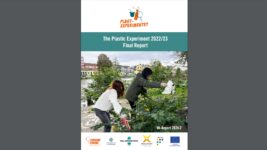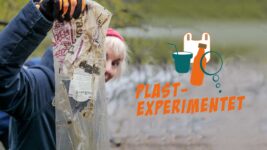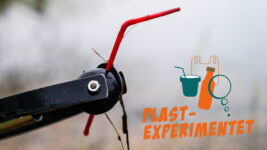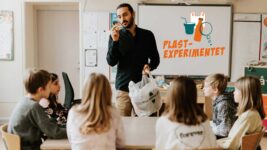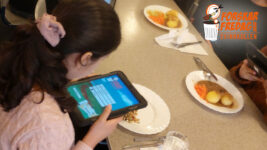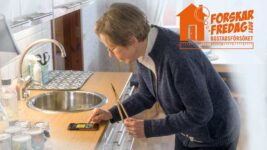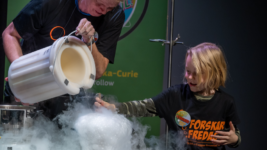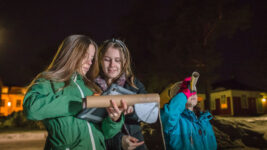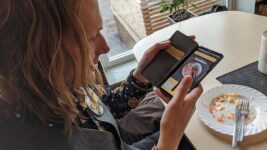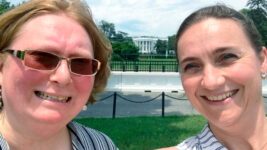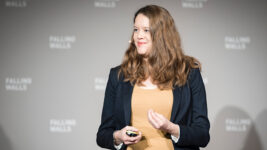Findings from Sweden’s largest plastic waste experiment now…
The Plastic Experiment is a nationwide Citizen Science project in which Keep Sweden Tidy Foundation, Public & Science Sweden and the University of Gothenburg have… Läs mer
Most plastic litter found on beaches reveals Swedish…
The first report of the Plastic Experiment, a citizen science project involving young people and members of the public from across Sweden, has now been… Läs mer
Physical barriers common in Swedish homes reveals new…
Steps up to the front door and nothing to hold onto next to the toilet. These are common problems for those with mobility issues, according… Läs mer
Whole of Sweden invited to help research plastic…
The Plastic Experiment is part of ForskarFredag, European Researchers’ Night in Sweden, and is being run by VA in collaboration with the Keep Sweden Tidy… Läs mer
Swedish school pupils help log 19,000 items of…
Plastic litter in the oceans has major consequences for humans, plants and animals, but it is a problem that starts on land. In the Plastic… Läs mer
Swedish pupils and researchers together tackle food waste
Better climate information reduces waste in the school canteen. This is a clear finding of the Food Waste Experiment, a mass experiment in which around… Läs mer
Swedish pupils and senior citizens to help research…
In order to live independent and active lives, we need housing that is designed to meet our needs. But how accessible is Swedish housing? School… Läs mer
Digital ForskarFredag 2020 – a showcase of Swedish…
A mind-blowing science show from Umeå, exciting geological adventures with Minecraft from Uppsala, a rare chance to peek into an Olympic test centre for winter… Läs mer
Young people in Sweden, Spain, Ireland and the…
In 2019 and early 2020, school pupils, teachers, scout groups, astronomers and interested members of the public in Sweden, Spain, the UK and Ireland went… Läs mer
Swedish pupils to participate in research to reduce…
Can more information result in less food being wasted? Researchers will be investigating this together with pupils and teachers across the whole of Sweden in… Läs mer
How to use light in the best way?
Research has shown that light pollution causes problems for both wildlife and humans. In the Star-Spotting Experiment we also want to learn more about what… Läs mer
Star-Spotting Experiment shortlisted for international science engagement prize
The Star-Spotting Experiment, VA’s 2019 citizen science project to investigate light pollution, was shortlisted for the 2019 Falling Walls Science Engagement of the Year competition.… Läs mer

